UNICEF Calls For Responsible Media Reporting On Children 1
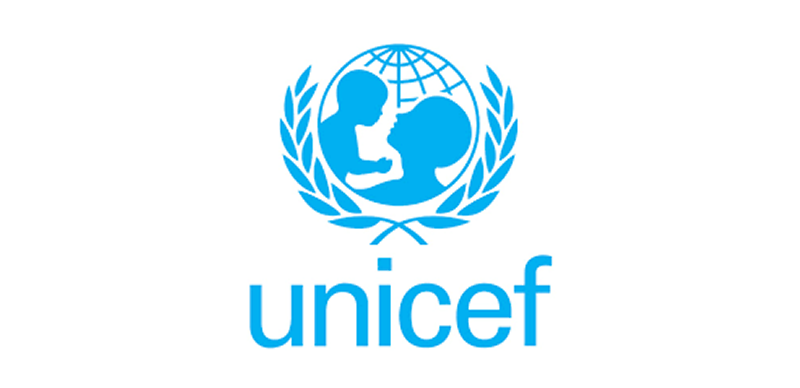
The United Nations Children’s Fund (UNICEF ) on Monday said ethical reporting of children is the bedrock of a functioning society, noting that it is crucial for the future of children.
UNICEF made the call at a two-day workshop on ethical journalism and child rights for media practitioners, organised by the Child Rights Information Bureau of the Federal Ministry of Information and National Orientation in collaboration with UNICEF in Kano state.
The training will help journalists to understand the legal and ethical frameworks governing the reporting of children in Nigeria, including the Child Rights Act and international conventions; identify and mitigate risks associated with reporting on children, ensuring their safety, privacy, and dignity are protected; among others.
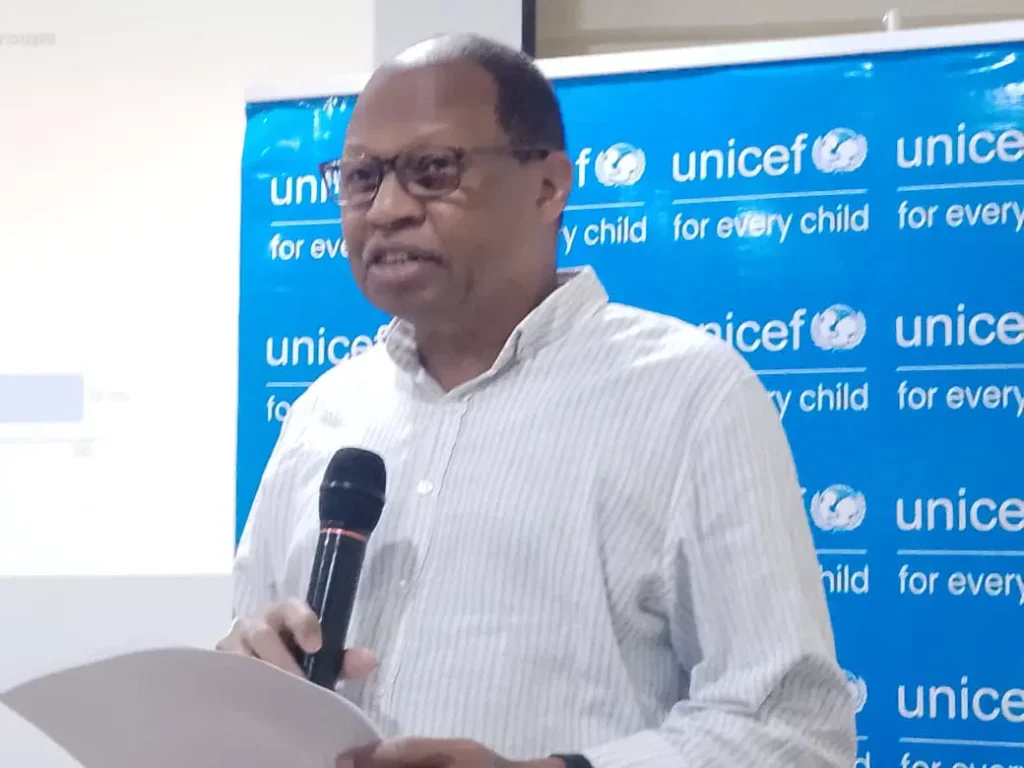
UNICEF Officer in Kano Speaks
Speaking, UNICEF’s Chief Field Officer in Kano, Rahama Farah, urged journalists to uphold ethical standards when reporting on children, and protect children from stigma and retraumatization.
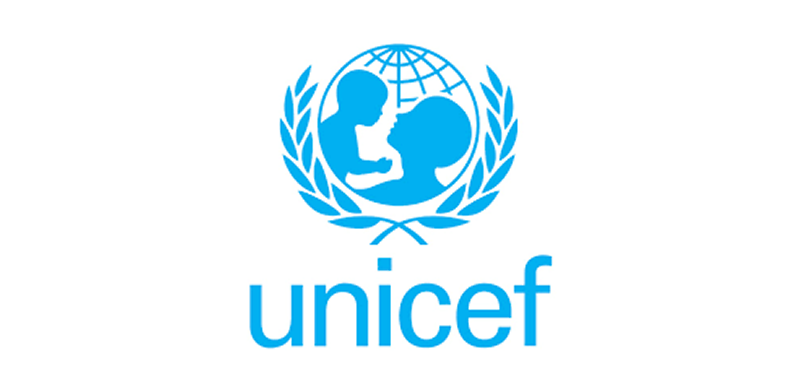
Farah stressed that the media’s role goes beyond providing information to the public.
He said ethical reporting on children’s matters builds trust and protects the vulnerable.
READ ALSO: Danish Court Sentences Ex-Minister To Prison For 2000 Child Abuse Material
“In a nation or society with diverse ethnicities, religions, and perspectives, the media is the glue that can hold people together—or the wedge that can drive them apart. Ethical journalism, characterized by accuracy, fairness, and balance, is the antidote to misinformation and hate speech.
“When you verify a fact before publishing, when you present multiple sides of a story, you are not just being professional; you are building a foundation of trust with your audience. In the fragile context of northwest Nigeria, where insecurity and tension exist, responsible reporting can cool tempers, promote dialogue, and foster peace. At the same time, Irresponsible reporting can inflame passions with devastating consequences.
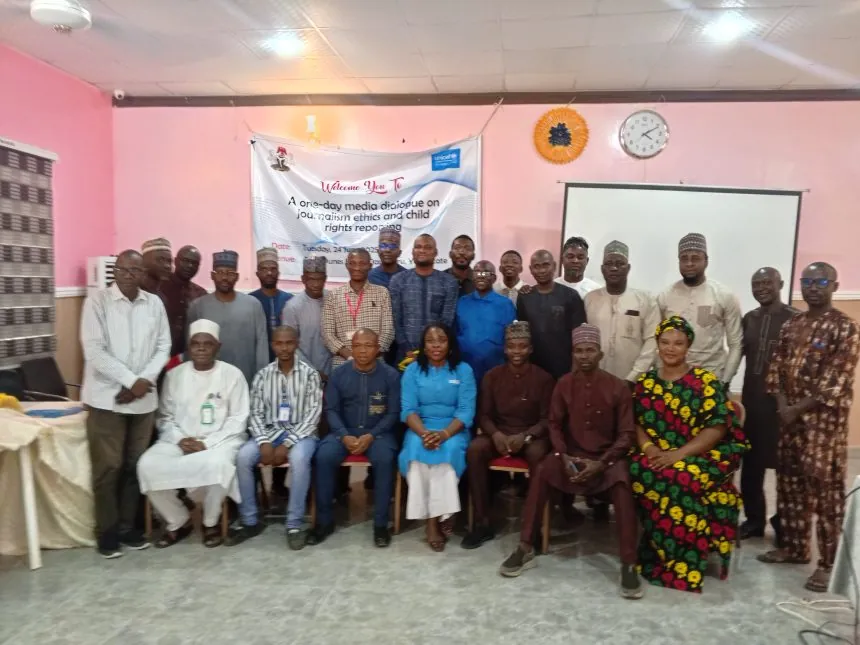
“Another reason for ethical reporting is that it protects the vulnerable, especially children. This is a point close to my heart and the work of our organization. UNICEF. Children are not miniature adults. They are vulnerable, their minds are impressionable, and their futures are shaped by how we represent them,” he noted.
